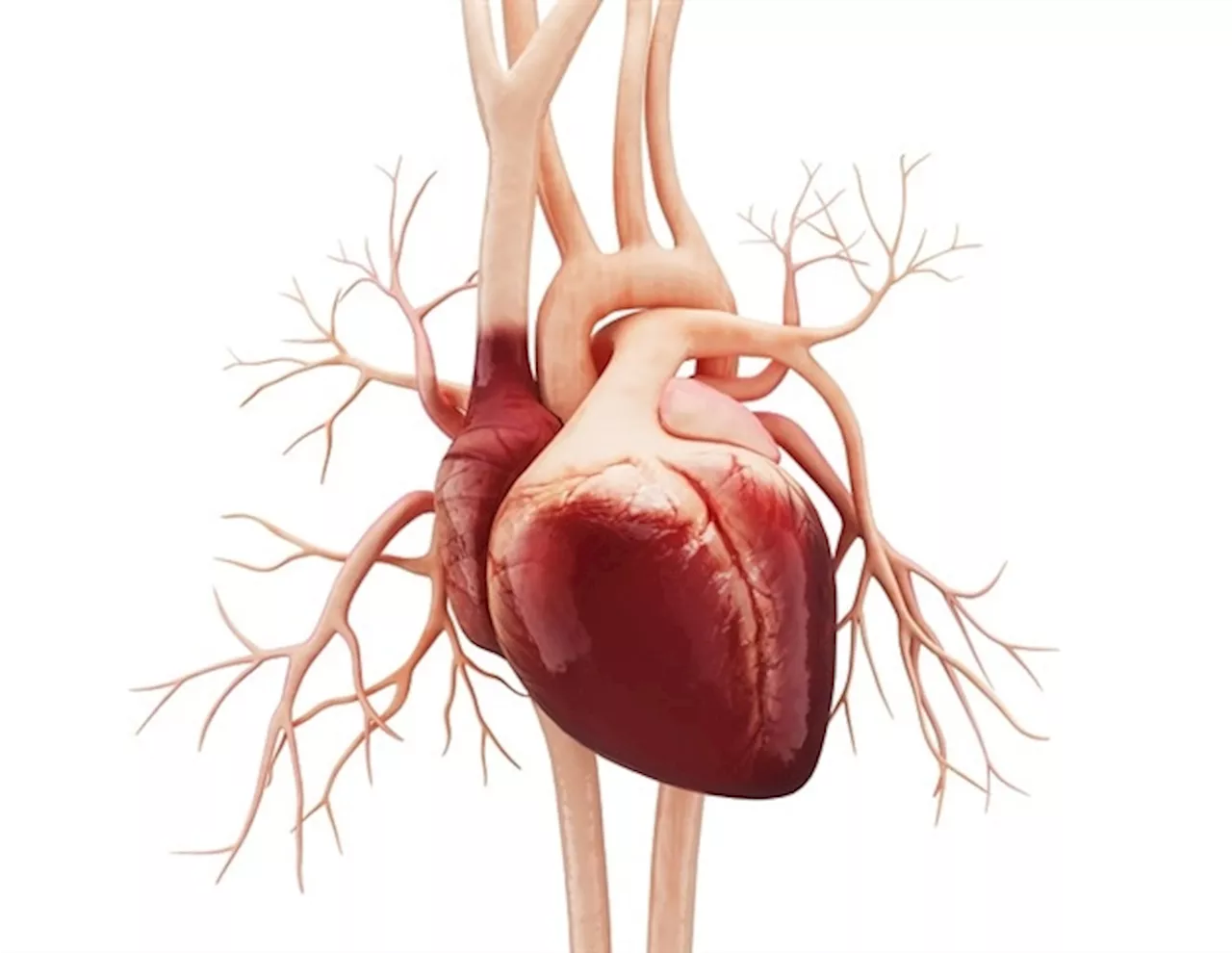The research scrutinizes the impact of low- and non-calorie sweeteners on gut microbiota, suggesting potential links to glucose tolerance and insulin resistance, with varying results across studies indicating a need for more comprehensive research.
By Tarun Sai LomteNov 5 2023Reviewed by Susha Cheriyedath, M.Sc. A recent study published in the journal Nutrition reviewed the available evidence on the effects of low- and non-calorie sweeteners on the gut microbiota.
Whether sweeteners lack any harmful effects is still debated. Some studies report links between the intake of alternative sweeteners and shifts in physiological parameters, such as insulin resistance and glucose tolerance, with the gut microbiota implicated in mediating these effects. Further, studies have demonstrated associations between low gut microbial richness and increases in IR, dyslipidemia, adiposity, and inflammation.
Two cross-sectional studies evaluated the associations between the consumption of artificially sweetened beverages and the microbiota composition; one study focused on the consumption of aspartame and acesulfame-K, while the other evaluated global artificial sweetener consumption. One trial found no effect of supplementing 800 mg of saccharin to 46 individuals for two weeks.
A Swedish study examined the consumption of ASB or naturally sweetened beverages among 1,085 healthy adults and found no associations between ASB consumption and microbiota changes. Further, a Canadian study analyzing ASB consumption among infants and their mothers found that maternal ASB intake was associated with the depletion of Bacteroides spp in infants. In one study, sucralose and saccharin supplementation impaired participants’ glycemic response.
日本 最新ニュース, 日本 見出し
Similar News:他のニュース ソースから収集した、これに似たニュース記事を読むこともできます。
 Pharmacist prescribing for hypertension could save billions and millions of lives, study findsIf pharmacists had a larger role in prescribing medications to control blood pressure, they could prevent more than 15 million heart attacks, nearly 8 million strokes and more than 4 million cases each of angina and heart failure in the U.S. over 30 years, according to a new Virginia Commonwealth University-led study.
Pharmacist prescribing for hypertension could save billions and millions of lives, study findsIf pharmacists had a larger role in prescribing medications to control blood pressure, they could prevent more than 15 million heart attacks, nearly 8 million strokes and more than 4 million cases each of angina and heart failure in the U.S. over 30 years, according to a new Virginia Commonwealth University-led study.
続きを読む »
 Study: Animal-to-human diseases could kill 12 times as much by 2050Certain diseases transmitted from animals to humans could kill 12 times as many people in 2050 than they did in 2020, researchers have claimed.
Study: Animal-to-human diseases could kill 12 times as much by 2050Certain diseases transmitted from animals to humans could kill 12 times as many people in 2050 than they did in 2020, researchers have claimed.
続きを読む »
 Study confirms effectiveness of newer arthritis medsNewer oral medications for rheumatoid arthritis (RA) do work quite well in the 'real world,' despite some doubts that they would, according to a new study.
Study confirms effectiveness of newer arthritis medsNewer oral medications for rheumatoid arthritis (RA) do work quite well in the 'real world,' despite some doubts that they would, according to a new study.
続きを読む »
 Study: Nursing homes most adversely affected by employment declines since the pandemicAmong health care job sectors, nursing homes have been the most adversely affected by declines in employment growth since the pandemic—a rate more than triple that of hospitals or physician offices, says a University of Michigan researcher.
Study: Nursing homes most adversely affected by employment declines since the pandemicAmong health care job sectors, nursing homes have been the most adversely affected by declines in employment growth since the pandemic—a rate more than triple that of hospitals or physician offices, says a University of Michigan researcher.
続きを読む »
 Some beneficial effects of exercise may be driven by the immune system, study suggestsThe connection between exercise and inflammation has captivated the imagination of researchers ever since an early 20th-century study showed a spike of white cells in the blood of Boston marathon runners following the race.
Some beneficial effects of exercise may be driven by the immune system, study suggestsThe connection between exercise and inflammation has captivated the imagination of researchers ever since an early 20th-century study showed a spike of white cells in the blood of Boston marathon runners following the race.
続きを読む »
 Study finds ethnic disparities in access to early psychological interventions for psychosis in EnglandPeople experiencing a psychotic episode for the first time are less likely to receive early psychological interventions in England if they are from an ethnic minority background, finds a new study led by UCL researchers.
Study finds ethnic disparities in access to early psychological interventions for psychosis in EnglandPeople experiencing a psychotic episode for the first time are less likely to receive early psychological interventions in England if they are from an ethnic minority background, finds a new study led by UCL researchers.
続きを読む »
